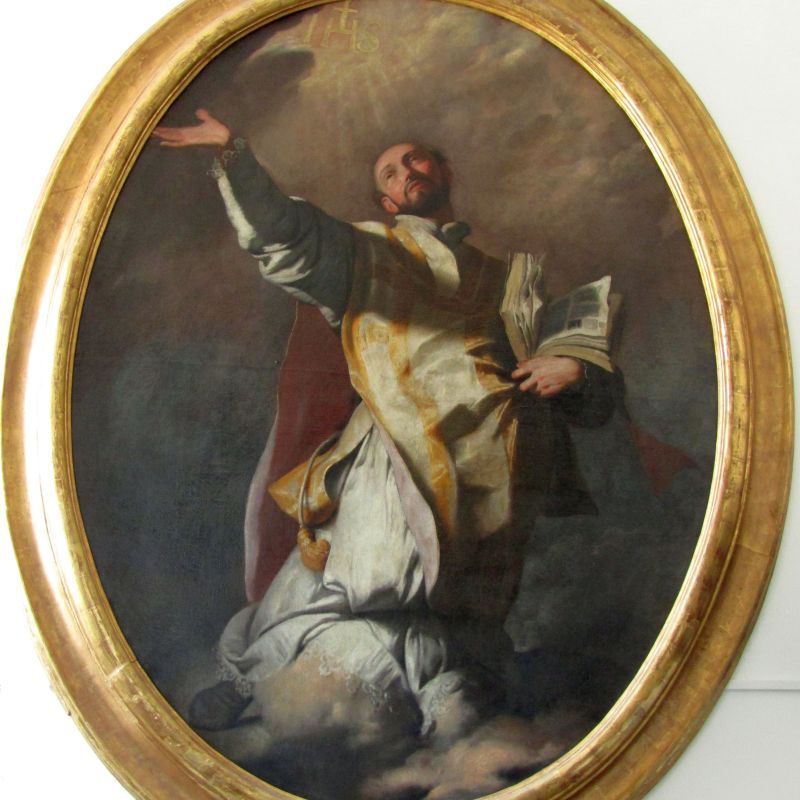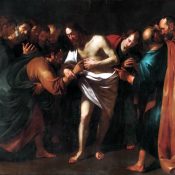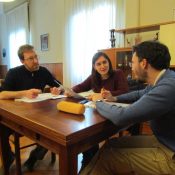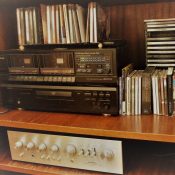We Jesuits are about to celebrate a misfortune; more precisely, a leg smashed by a cannonball. It is the wound of St Ignatius of Loyola, during the battle of Pamplona, which he acquired on 20 May 1521, i.e. 500 years ago. That ball, which broke his dreams of gaining honour and fame, led him to find deeper joys and higher ideals. It thus proved to be an experience of grace and not misfortune.
There are certainly disasters without positive fruits, which must be avoided at all costs. One should not idealise misfortunes. But St Ignatius’ experience shows that even the most dramatic trials can be opportunities for growth and enrichment. Failure and humiliation are among the best friends of human maturation.
As a young seminarian, I had to plan a bicycle pilgrimage for a group of young people. The priest who was to accompany us told me that we would have to calculate a few extra kilometres each day, because we would also sometimes take the wrong road. My answer was: “But that mustn’t happen!”.
15 years and many kilometres in wrong directions later I can say that I am no longer so afraid of the unexpected. When our plans are interrupted, something good often happens. Just don’t get too hung up on what you have missed.
Recently, I missed the trip to Spain with the other novices because I did not get the result of my Covid test in time before departure. But, in these few days, I had some extraordinary experiences: a visit to some old palaces in the city, which I did not know; moments of fraternity, such as celebrations or meals; a wonderful walk along the Alta Via dei Monti Liguri; the vision of a painting, depicting St Ignatius in glory, made by the Jesuit novice Giuseppe Castiglione, in the old novitiate in Genoa around 1710 (on the photo).
A character in a Woody Allen film says: “If you want to make God laugh, tell him about your plans”. We should start laughing too, when our plans are ruined, because it does not necessarily mean misfortune, but probably a time of grace. Ignatius teaches us this, and that is why we want to celebrate his injury.
2021-05-15 Daniel Nørgaard – second-year novice






















